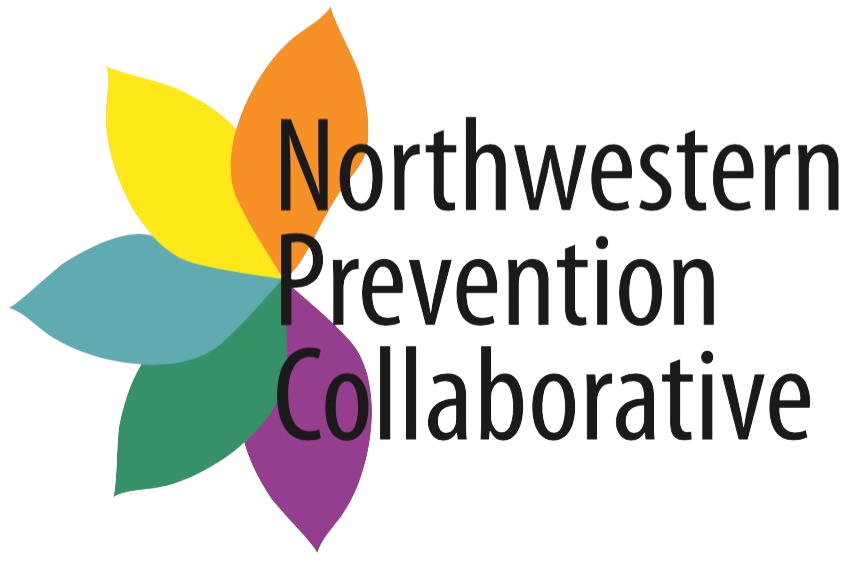In recent years, support for marijuana seems to have increased. With changing laws, greater societal acceptance and claims of being harmless or even beneficial… what should we believe? First, understand that we are ingesting a foreign substance into our body, usually by inhaling the smoke produced from burning. Any time that our lungs are exposed to anything other than air, the term “healthy” becomes invalid. Marijuana also contains a mind-altering chemical known as THC, also known as tetrahydrocannabinol. Aside from THC, marijuana and other synthetic versions can contain many other harmful chemicals as well. There are many reasons to avoid consuming foreign substances, and pages could be written about why we should avoid using marijuana, but this is a short, simple list of five reasons to stay away from marijuana.
Lung Damage
As previously mentioned, any time something other than air is being inhaled, our lungs are not happy. Marijuana smoked itself irritates the lungs and throat, leading to coughing or gagging. The method used in smoking also usually contains carcinogens, many of which are the same harmful chemicals found in cigarettes. Products such as joints, pipes or bongs can contribute more carcinogens, making the problem even worse. While inhaling is the most common form, eating or vaping marijuana can be just as harmful and can be more dangerous. Edible marijuana has been associated with longer and more intense “highs”, hospitalizations, poisoning, paranoid delusions (in high doses), and nausea.
Mental Effects
Marijuana is a mind-altering drug, but how exactly does it alter our minds? For starters, marijuana affects the parts of the brain that control memory, attention span, and decision-making. This affects our ability to learn and perform difficult tasks, making school and work more challenging. Marijuana also affects our emotional wellbeing. Marijuana use can cause paranoia and induce anxiety, but even when not actively using the substance, marijuana has been linked to depression and social anxiety.

Addiction
Studies show that 3 in 10 marijuana users will become addicted. People often mistakenly believe that marijuana isn’t addictive, but anything can be addictive. Shopping, chocolate, exercise, and smart phones are all addictive, so why would this substance be any different? Signs of an addiction to marijuana can include:
- Trying to quit but failing
- Craving marijuana
- Giving up important activities with friends and family in favor of using marijuana
- Using marijuana despite poor performance at school or work
- “Needing” to use marijuana before most activities to enjoy them
.
This addictive habit consumes more than just our time and energy… with average marijuana use costing about $1,500-$3,000 per year, depending on the frequency of use.
Future Success
With the multiple effect on the brain and body, plus the likelihood of addiction, it’s no wonder that marijuana use can have negative consequences on our future. Thinking of the different regions of the brain that are affected from earlier, we know the haze from marijuana affects our ability to learn and hold attention, leading to problems in the classroom and workplace. Marijuana is also correlated with lower levels of energy, motivation and less goal setting behaviors . Along with poor academic performance, most workplaces still test for THC. A failed drug test can result in loss of current job and a limit on job opportunities in the future.
Underage Use
Every issue that we have covered so far is made far worse when marijuana use begins at an early age. With a developing brain and body, a foreign substance like marijuana can have serious, and sometimes permanent effects. The earlier the lungs are damaged, the earlier the effects can be felt (note: marijuana users who quit smoking see a significant improvement in their lung health.) Using marijuana before 21 can affect how the developing brain builds connections, which can result in permanent damage to memory, attention, and the ability to learn. Addiction rates are higher among those who use marijuana before age 18. The bottom line is that chemicals, such as the ones found in marijuana, are not good for a developing mind.
These are just a few reasons to avoid marijuana. There are many more, but any of these reasons alone should be enough evidence to stay away from marijuana. In a local middle school, one young student explained his reason for staying away from all substances; “I’m healthy right now, and I don’t want to do anything that would change that.” While the best way to stay healthy is to avoid using substances, there is still time to quit and reap the benefits. Studies have shown that stopping marijuana consumption can allow individuals to get back to baseline. Check out our website further for more resources on maintaining or reaching a happy, safe, and substance-free lifestyle.




Comments are closed.